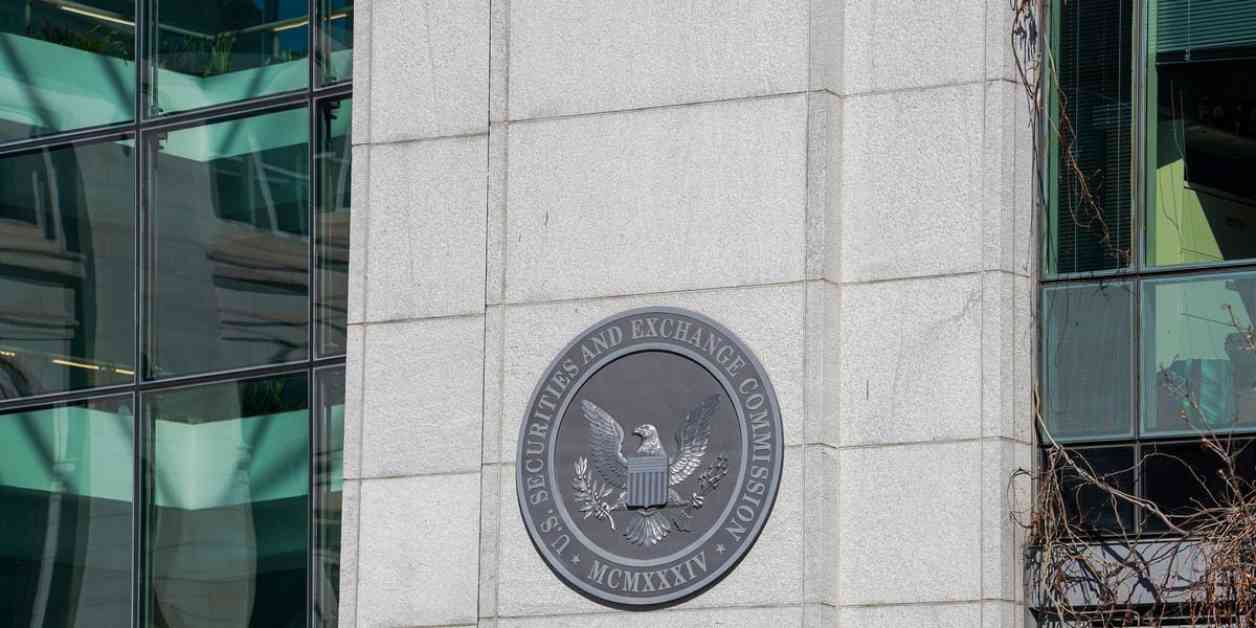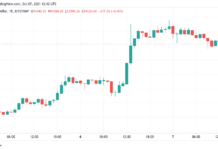The U.S. Securities and Exchange Commission (SEC) recently filed a lawsuit against Cumberland DRW, accusing the crypto market maker of being an unregistered securities dealer. The SEC claimed that Cumberland was involved in buying and selling cryptocurrencies that were considered unregistered securities.
According to the SEC, Cumberland used research reports and update emails to promote investments in various cryptocurrencies, including Polygon’s (formerly MATIC), Solana’s (SOL), Cosmos’ (ATOM), Algorand’s (ALGO), and Filecoin’s (FIL). The SEC argued that these cryptocurrencies were being marketed as securities, and investors were led to believe that they could profit from them.
Despite these allegations, Cumberland had not registered as a securities dealer, leading to legal action from the SEC. The SEC pointed to public statements from the projects’ founders, white papers, and Cumberland’s own communications as evidence that these cryptocurrencies were being treated as securities.
For example, the SEC highlighted an email from Cumberland promoting ATOM, stating, “At the moment, one of the smaller gainers in the sector, outside of ETH and EOS, has been ATOM. ATOM is up ‘only’ 53% YTD, despite strong fundamentals and a healthy developer community; it’s a name where we expect to see a catchup rally if crypto remain buoyant.”
In response to the lawsuit, Cumberland defended its business operations in a social media post, stating that they were not making any changes to their operations or the assets they provide liquidity for. The post emphasized Cumberland’s confidence in their compliance framework and adherence to regulations, despite the evolving nature of the regulatory landscape.
The SEC is seeking a permanent injunction and disgorgement of proceeds from Cumberland as part of the lawsuit. This legal action underscores the regulatory challenges faced by companies operating in the crypto market, as regulators seek to ensure compliance with securities laws.
It is essential for companies involved in the crypto market to stay informed about regulatory requirements and work towards maintaining compliance to avoid legal repercussions. As the regulatory landscape continues to evolve, companies must adapt and ensure that their operations meet the necessary standards to prevent legal action from regulators like the SEC.














